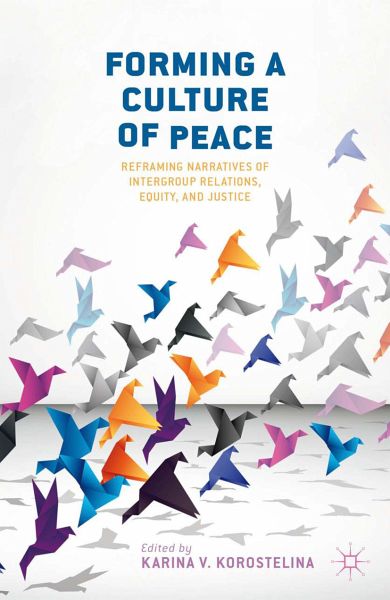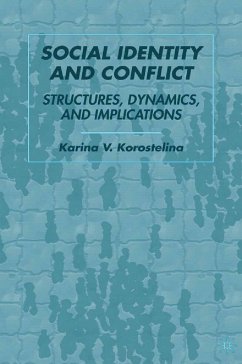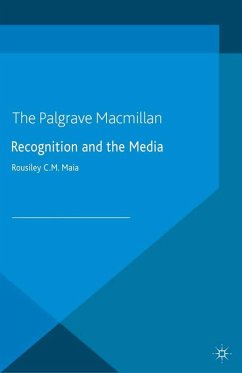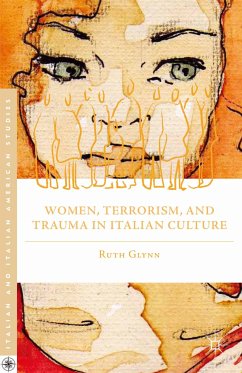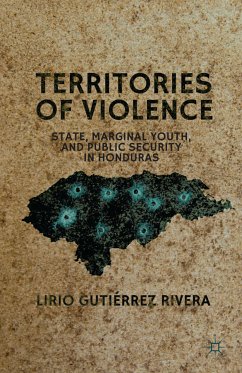"This excellent collection of insightful chapters reveals the multiple ways that values, beliefs and practices
which are supportive of peace, justice, and equality, are socially communicated. The varied, empirically-grounded
analyses demonstrate how many social levels should be, and often are, engaged in forming a culture of peace." - Louis Kriesberg, Professor Emeritus of Sociology, Maxwell Professor Emeritus of Social Conflict Studies, Founding Director, Program on the Analysis and Resolution of Conflicts, Syracuse University
"Karina V. Korostelina has gathered some important authors in the field to focus attention on the ways in which different discourses, narrative frames, and systems of values and beliefs
support and promote violence and conflict and how these might be challenged by different ways of framing and communicating peace. The authors highlight the malign effects of negative enemy imaging and explore how different frames/discourses can be developed that will generate more positive alternatives for societies, nations, and a global system seeking to live in harmony in a rapidly shrinking world. What is particularly welcome is the stress on injustice and inequality and the need to rethink what sorts of discourse will most advance more just and equal communities. This is a must-read for anyone interested in the nuts and bolts of building a culture of peace in a world still depressingly addicted to violence and war.' - Kevin P. Clements,professor and director, National Centre for Peace and Conflict Studies, the University of Otago
"Any readers who thought of the 'Culture of Peace' as a soft concept beware - this book will change your mind. Korostelina and her colleagues have developed the implications of the concept, nailed down its implementation for freedom, justice, and equality work, and, as a bonus, have looked at the communications strategies that can effectively market the work - a need that is too often forgotten." - Mari Fitzduff, professor, Masters Program in Coexistence and Conflict, Brandeis University
